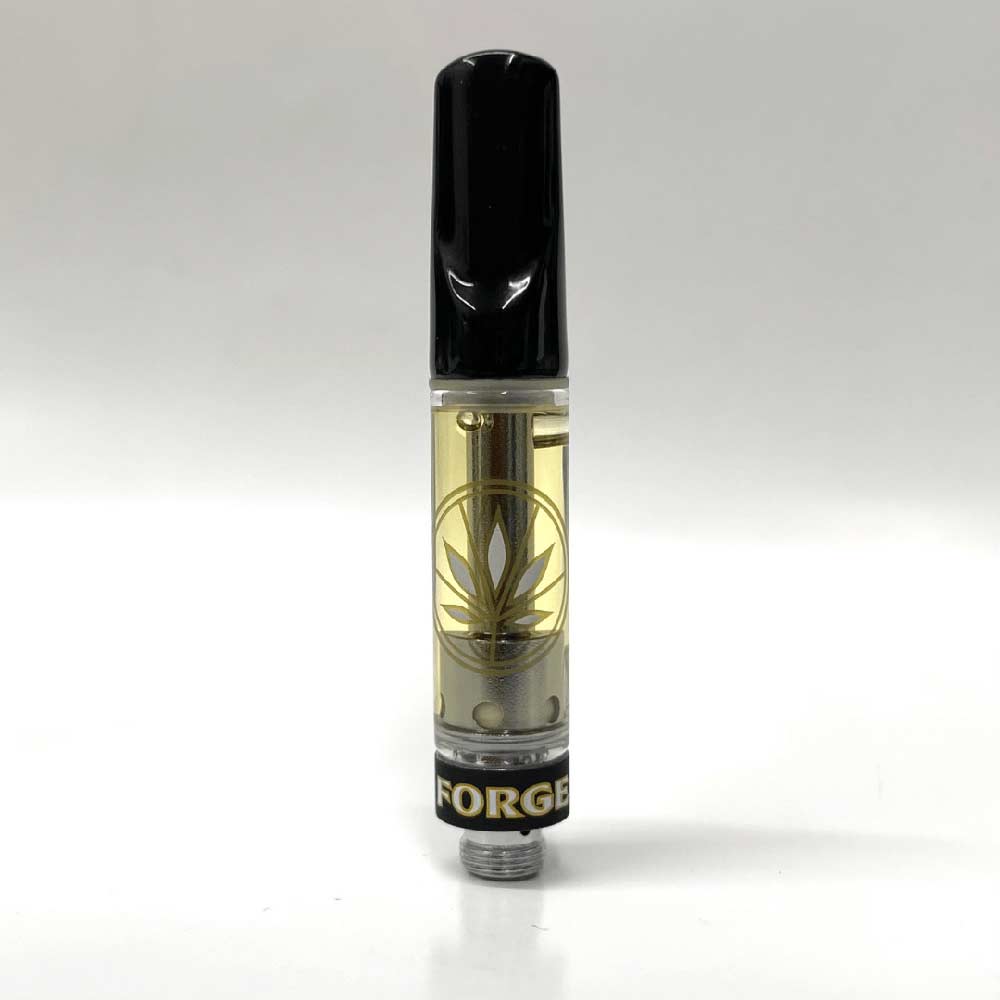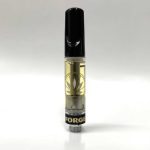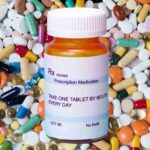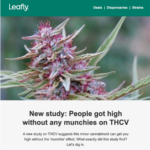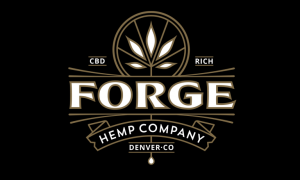Here’s everything we want you to know about the differences between THC and CBD tinctures.
As hemp and marijuana products become legal across the United States, many of us are enjoying new experiences provided by “major” and “minor” cannabinoids.
But with this influx of new products comes a host of questions! For example, people are often confused by the differences between certain products, like CBD and THC tinctures.
To help you out, we’ve put together this handy guide where we answer questions like, “What is CBD?” and “Are CBD tinctures effective?”
Let’s take a close look.
Quick Links
What is CBD?
What is a CBD tincture?
What is a THC tincture?
What is the difference between a CBD and THC tincture?
What does CBD tinctures do?
How should you consume a CBD tincture?
What is CBD?
First, let’s define some terms. What is CBD?
Found in all cannabis plants, CBD, also known as cannabidiol, is considered one of the two “major” cannabinoids, along with the better-known THC. Our CBD is hemp-derived, which is why, based on the 2018 Farm Bill, Forge Hemp Company CBD products are legal to purchase and consume in all 50 states.
Unlike THC, CBD is non-intoxicating. It’s also non-addictive, according to studies from the World Health Organization.
Many people consider CBD a more accessible, more relaxing alternative to the intoxicating cannabinoid THC—and one that anyone can easily incorporate into their everyday wellness routine.
What is a CBD tincture?
So now you know what CBD is, but how – and why – do people consume CBD tinctures? What is a CBD tincture made from, anyway?
CBD tinctures (also commonly called hemp tinctures) are made by suspending pure CBD in a carrier oil, like coconut or hemp seed oil, sometimes with oil-soluble flavorings, such as cinnamon or peppermint oil.
The CBD in tinctures is derived directly from hemp plants. Along with the CBD and carrier oil, CBD tinctures may include additional ingredients such as supplements, flavorings, terpenes, and essential oils.
Offering a range of potency depending on the brand and formulation, CBD tinctures have a long shelf life and don’t need to be refrigerated. They also provide a high level of bioavailability, which means it’s easy for your body to absorb.What is a THC tincture?
We’ve covered CBD, but what is a THC tincture? In the simplest terms, THC tinctures are nearly identical in their makeup and manufacturing to CBD tinctures, save for one crucial ingredient: THC.
Unlike CBD, THC is an intoxicating cannabis cannabinoid. It might surprise you to learn that until cannabis prohibition started in 1937, THC tinctures were the most common cannabis consumption method in the US.
During that era, many producers blended THC with medicinal herbs to develop potent tinctures—and today, thanks to increasing legalization, THC tinctures are making a comeback.
Unlike the somewhat suspicious formulations of old-school patent medicines, commercial THC tinctures are made in the same standardized way as CBD tinctures. Carrier oils are infused with THC and other active ingredients and flavorings.
THC tinctures can also be added to food and drink and offer similar bioavailability and stability of formulation as CBD tinctures do.What is the difference between a THC and CBD Tincture?
While the processes used to make them are similar, as we’ve already mentioned, there are significant differences in the physical and mental impact of THC and CBD tinctures.
THC tinctures bind with the CB1 cannabinoid receptors in the brain to produce a psychoactive effect.
Many people use it to treat insomnia, inflammation, and other disorders that studies suggest may be positively impacted by cannabis. However, THC tinctures are only available in certain states due to their illegality at a federal level.
While CBD tinctures interact with the endocannabinoid system, their effects are less intense.
CBD tinctures can be used for many ailments that THC tinctures treat but are non-intoxicating. This means that you can safely consume CBD tinctures throughout the day without worrying about their impact on your mental clarity.
And again, thanks to the Farm Bill’s rules for hemp sales, hemp-derived CBD tinctures are also legally available throughout the entire United States.
What does CBD tincture do?
What kind of experience can you expect from a CBD tincture?
People often find CBD tinctures helpful in addressing various ailments and discomforts – it’s also a helpful mood booster. Here are some other reasons folks commonly consume CBD tinctures:
- Relieve occasional anxiety
- Ease aches and pains
- Reduce inflammation throughout the body
- Help reduce sadness and even out mood
- Help soothe skin and reduce breakouts
But by no means is this a complete list!
More research needs to be done to determine CBD’s potential applications. When looking into how to use a tincture of CBD to boost your functionality, it’s worth experimenting to find what works for you.How should you consume a CBD tincture?
For the quickest absorption rates, experts recommend consuming CBD tinctures sublingually or, in everyday language, by placing a few drops under your tongue. This allows your body to absorb the tincture’s active ingredients quickly.
However, if you’re not a fan of how your tincture tastes, you can add it to anything you consume.
Drop your dose into a glass of water, juice, or tea, or mix it into any food. While CBD takes a bit longer to be absorbed through the stomach, sometimes slow and steady does win the race!
Are CBD tinctures effective?
So now you know how to use a tincture, but does it work? The answer is yes!
While more research needs to be conducted to discover the full potential of CBD, many studies have shown that CBD improves or eliminates a variety of ailments and poses a low risk of negative side effects. Therefore, CBD tinctures can be a valuable addition to many people’s wellness routine, helping them thrive with the power of plant medicine.
Click here to shop our lineup of high-quality CBD tinctures.

